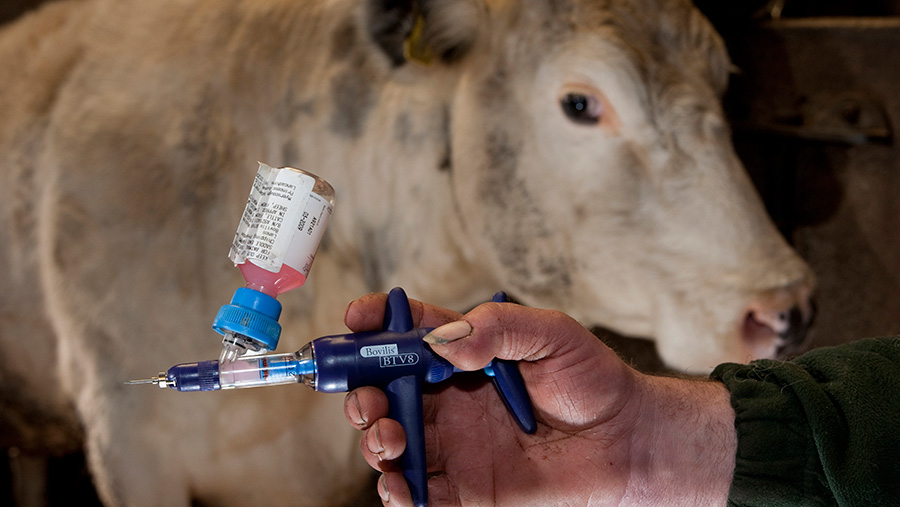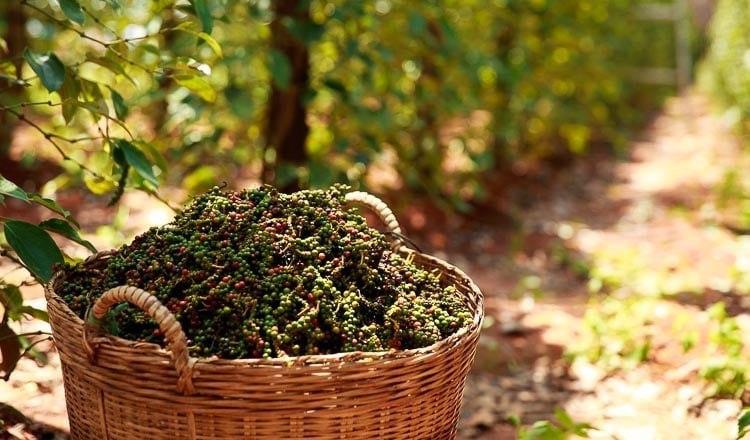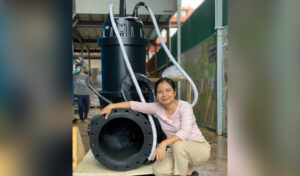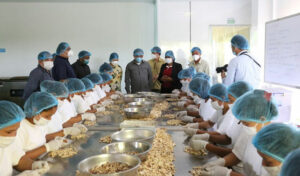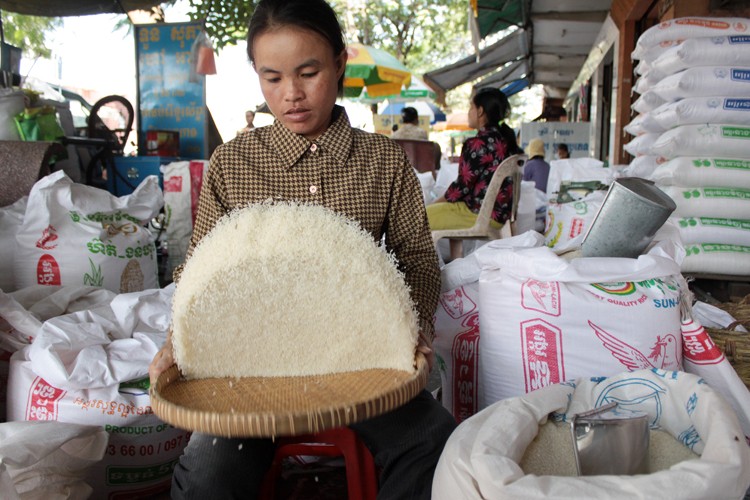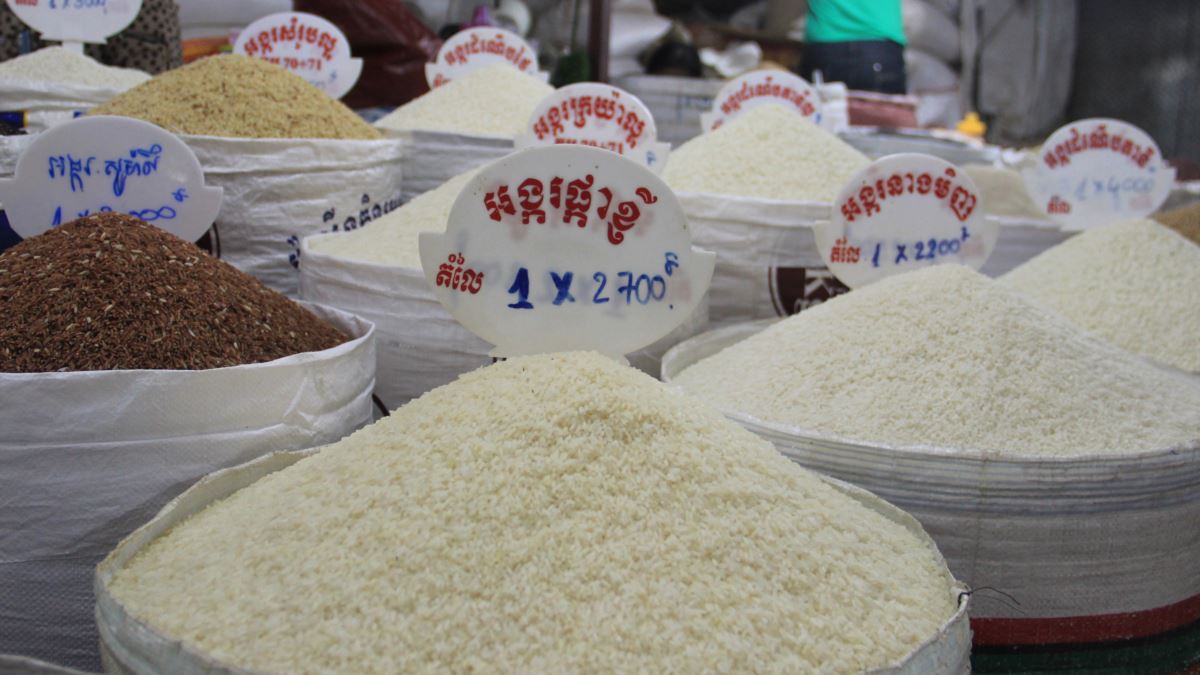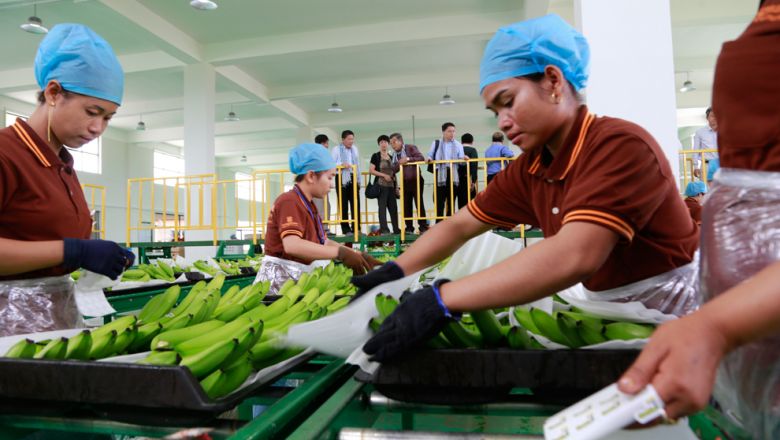Cambodia plans to produce own vaccines for animals
Cambodia has initiated a plan on producing its own animal vaccines domestically to be used to timely prevent and control the spread of animal diseases after receiving support from China.
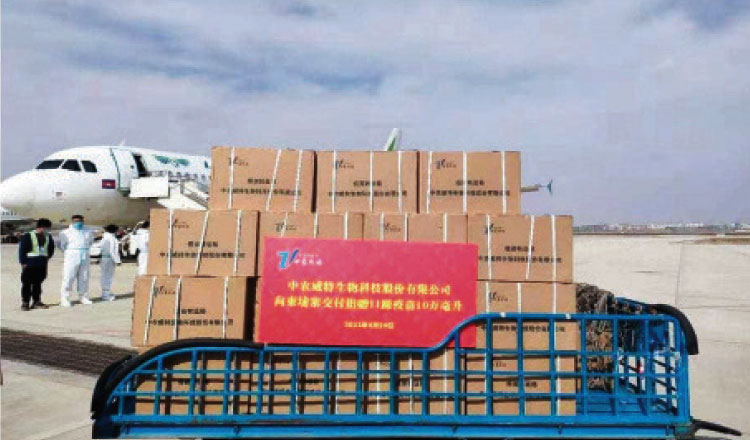
Minister of Agriculture Veng Sakhon said yesterday that China agreed to support Cambodia on producing animal vaccines in the country after it had donated one hundred thousand doses of animal vaccines to the Kingdom.
“The Chinese side has agreed to the request made by Cambodia on producing its own animal vaccines under China’s support,” Sakhon said.
The estimated cost of locally produced cattle vaccines has not been revealed pending a visit by Chinese experts to the Kingdom to be made after the Covid-19 pandemic.
“China will send expert officials to conduct studies on the (animal vaccine facility) during the post Covid-19 period,” Sakhon said.
According to the ministry, the raising of livestock in Cambodia has significantly increased. The raising of animals is focused on meat, not for use in the agricultural sector, which currently uses machinery and tractors to replace animal power.
In Cambodia, many infectious diseases are found in animals especially cattle, sheep, goats and pigs as well as chickens and ducks, Sakhon said.
For cattle production, farmers often face major infectious diseases such as foot-and-mouth diseases, which destroy both the family economy and the national economy, he said.
“Understanding this issue, the ministry has explored all possible means and put in place measures to prevent the spread of the diseases through vaccinations, treatment of sick animals as much as possible and quarantine of sick animals,” Sakhon added.
Cambodia Livestock Raisers Association president Srun Pov on Tuesday welcomed the move, saying that it would reduce cost of products to animal raisers.
Currently, animal vaccines are imported from abroad, he said while looking forward to local production.
“It is good information and I put my hopes in the quality of animal vaccines produced domestically,” Pov said. “If we produce our own vaccines in the country, we will not need to import them from abroad which will lead to reduced cost of production for animal raisers.”
In addition to the local vaccine production plan, Pov wished to see more animal feed factories established locally to ease production costs.
In April, China donated 100,000 doses of Foot-and-Mouth Disease (FMD) vaccine to Cambodia to prevent and control the spread of the disease. Khmer Times

